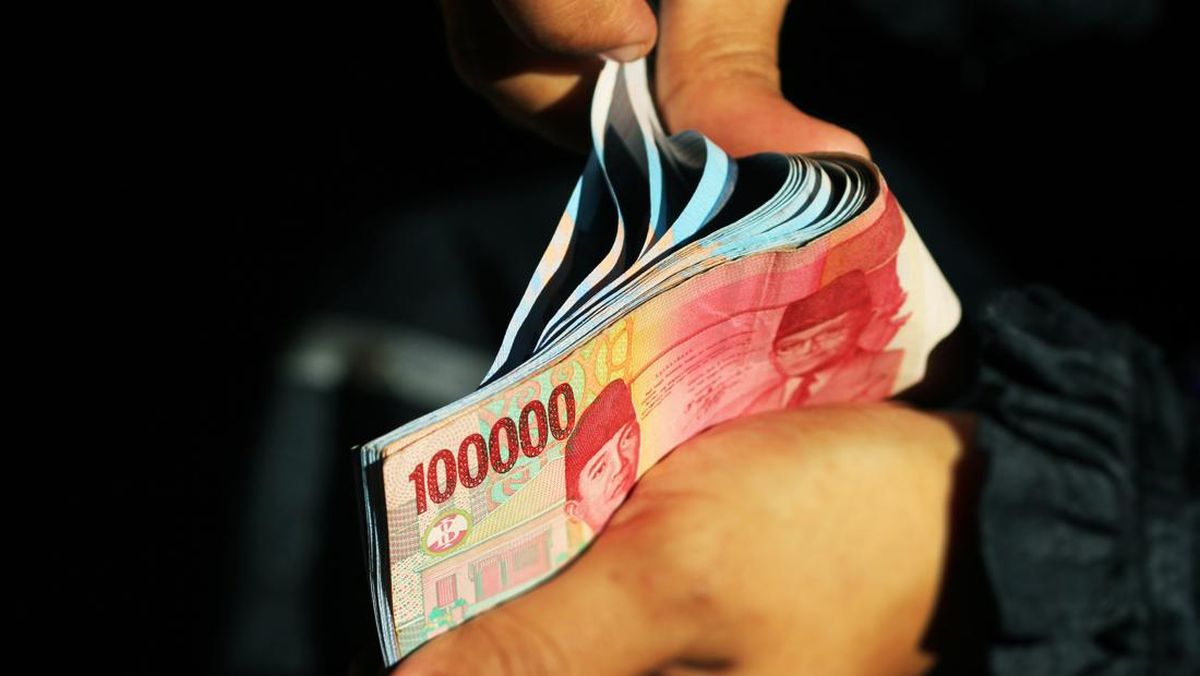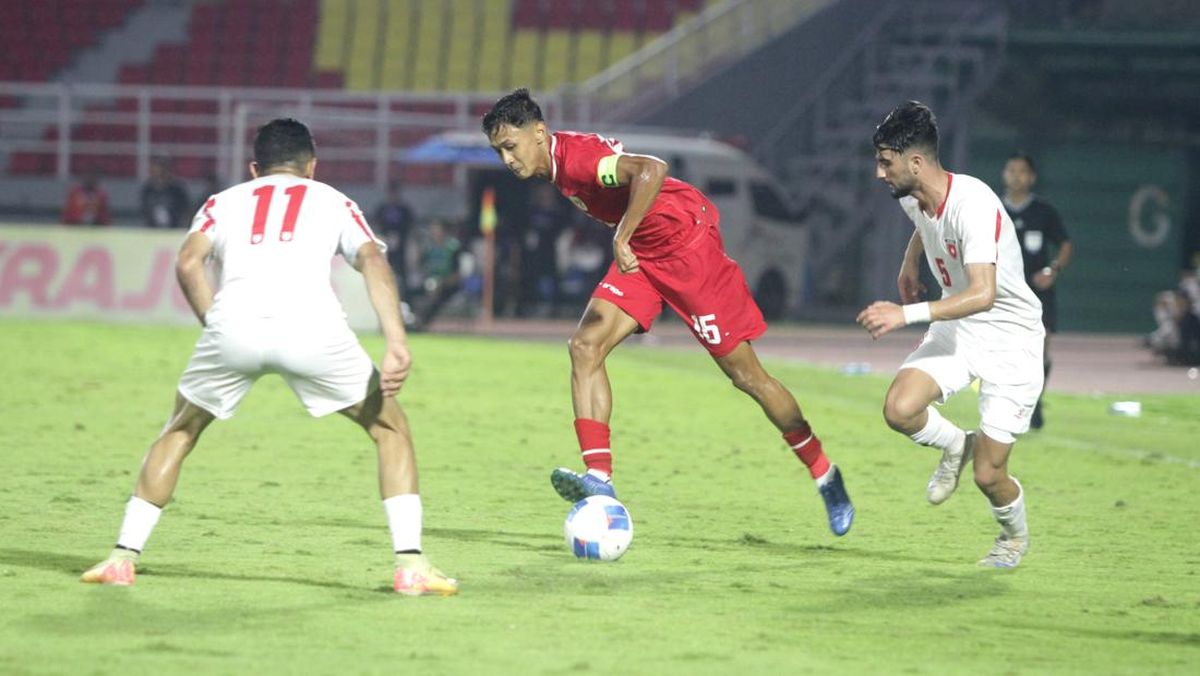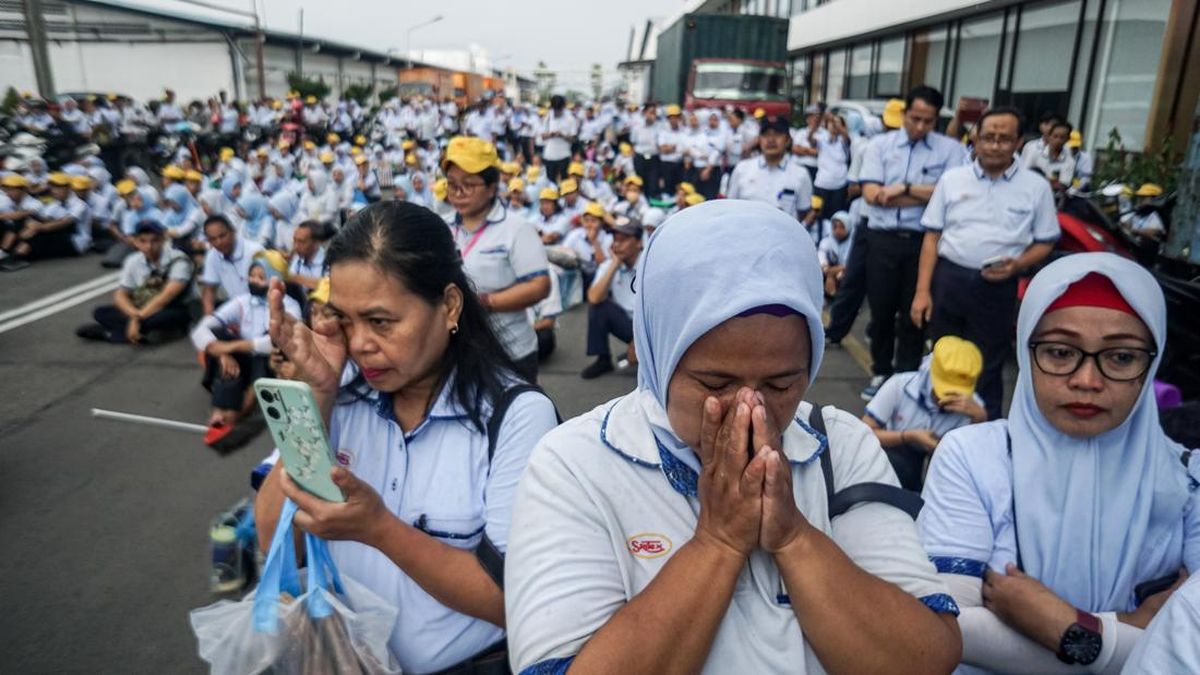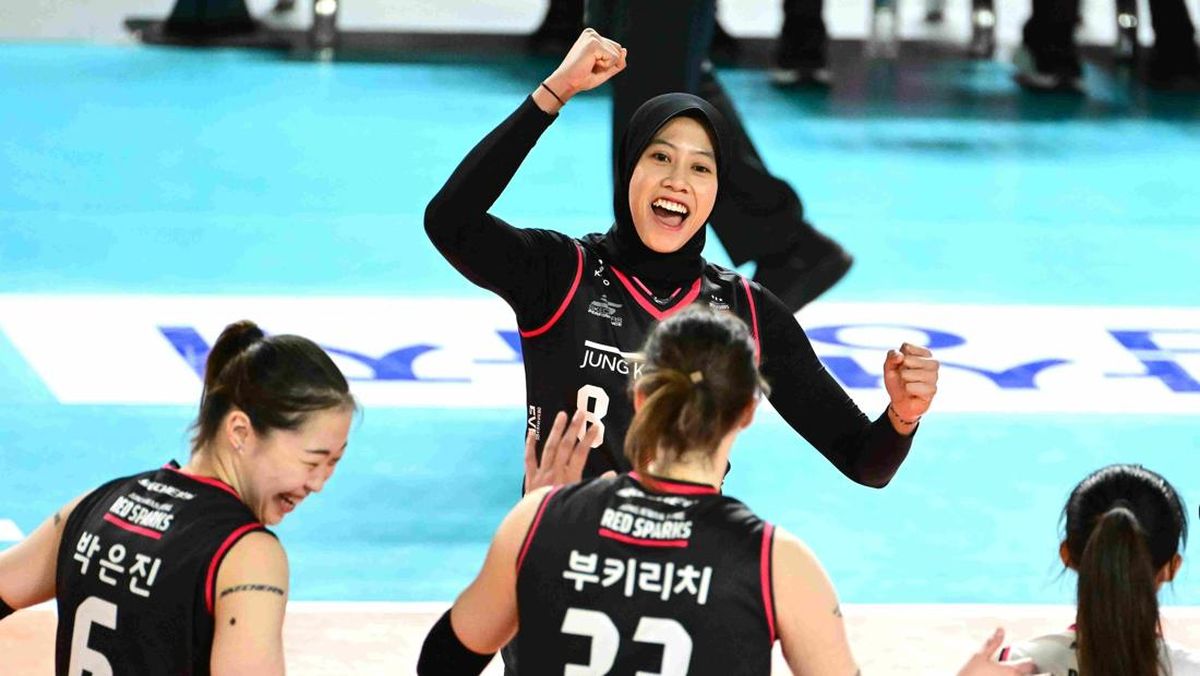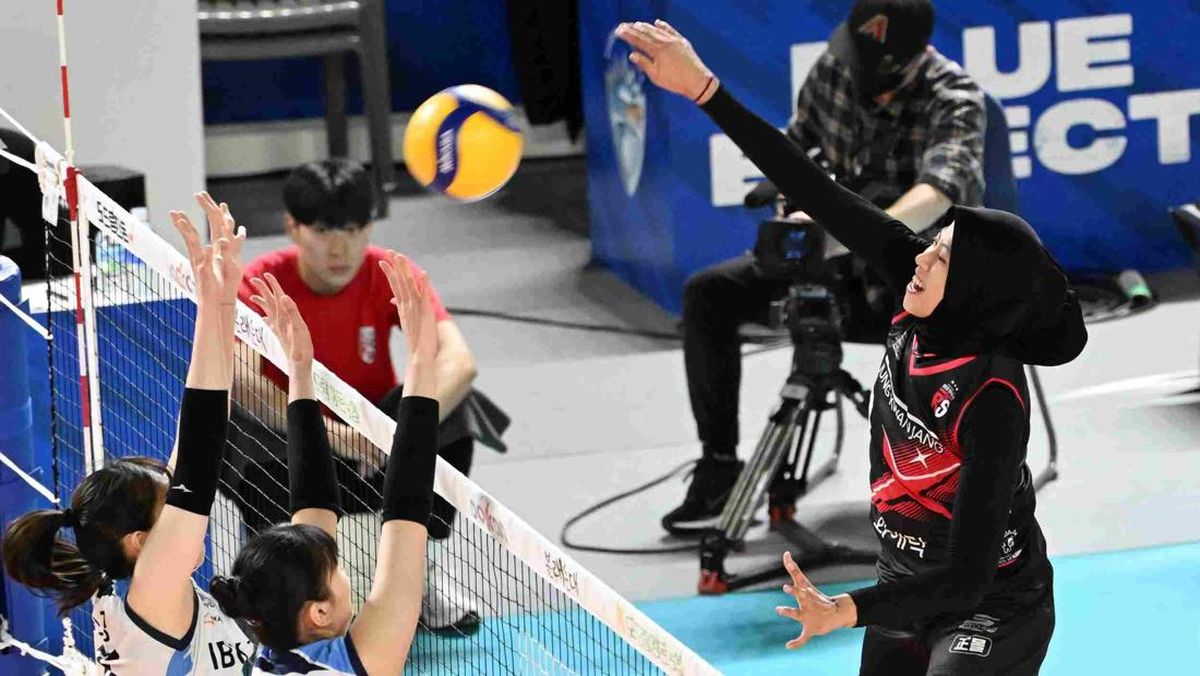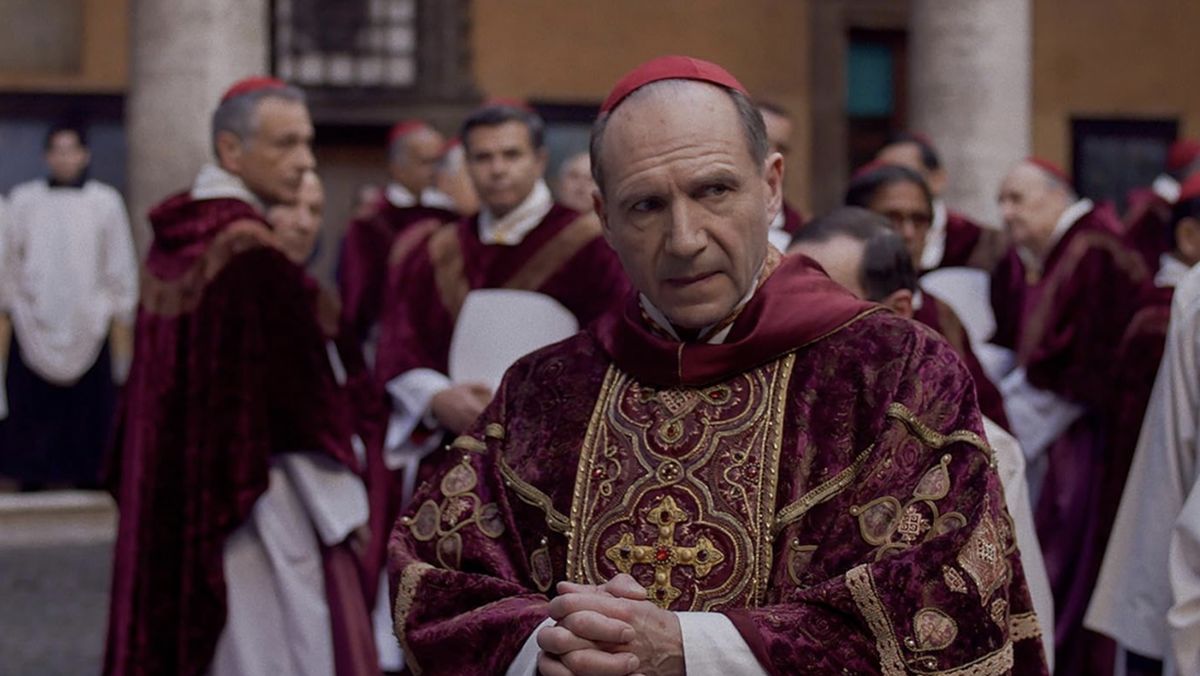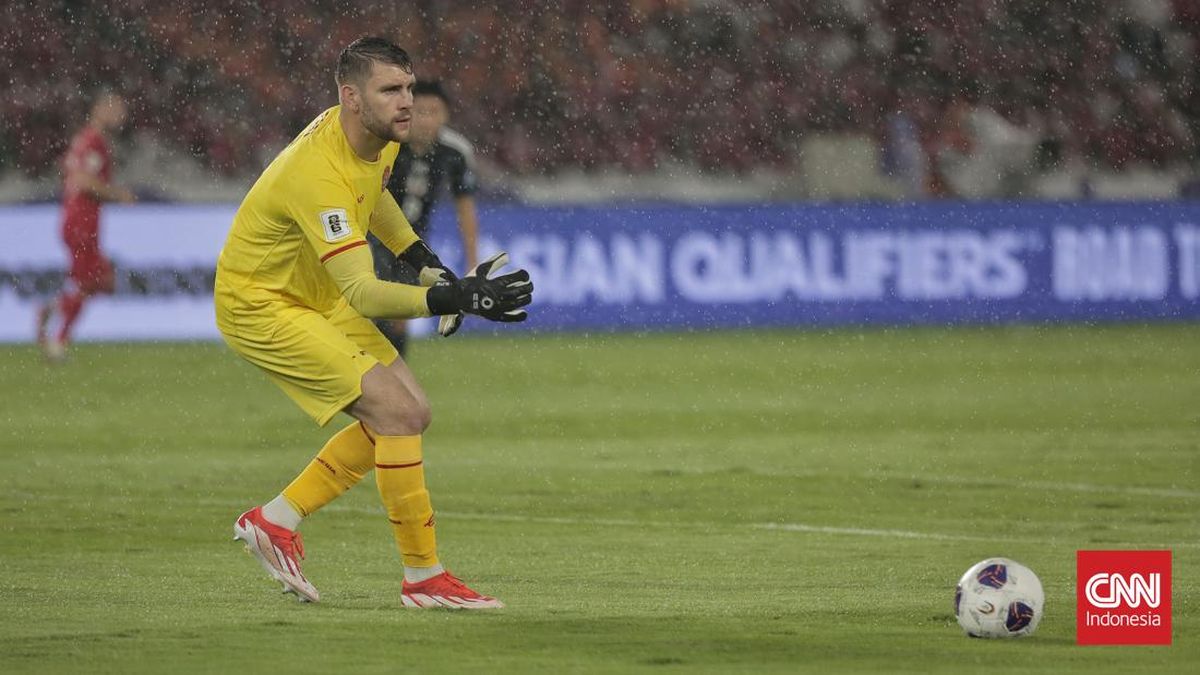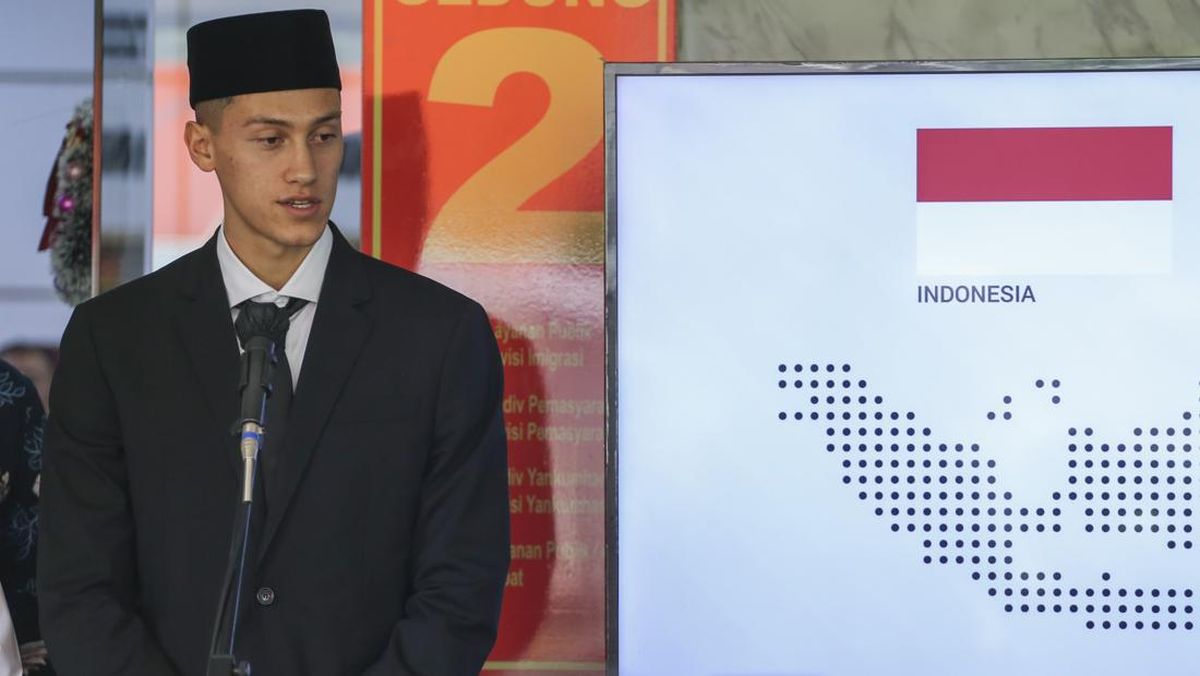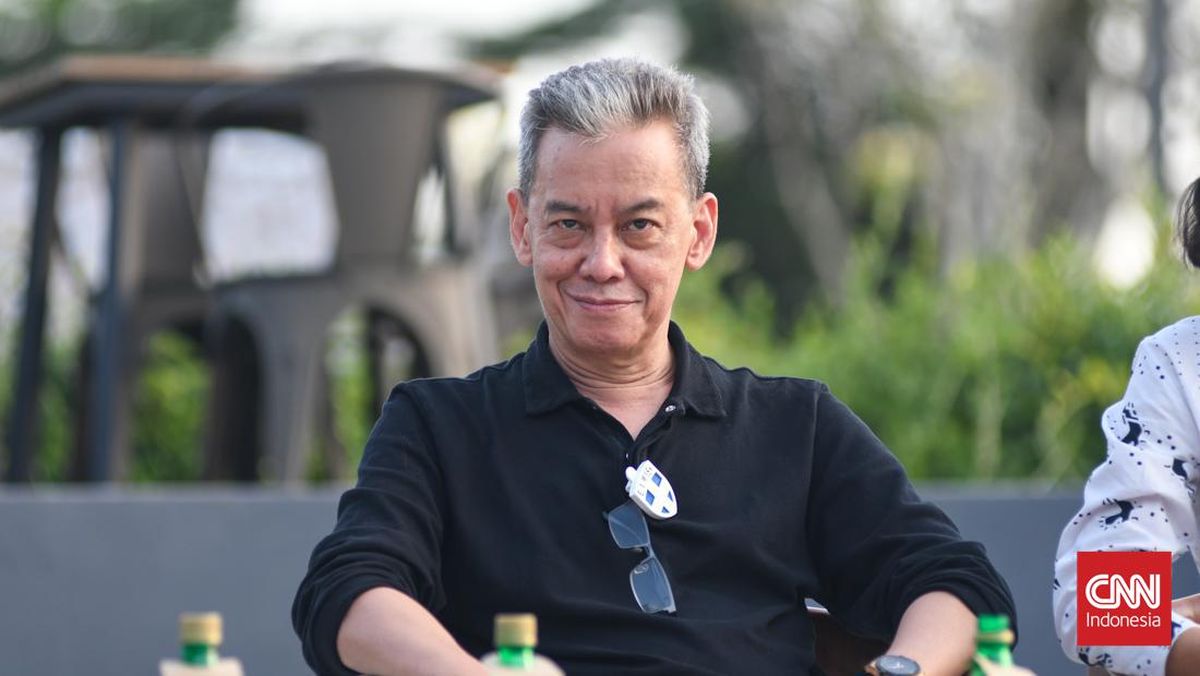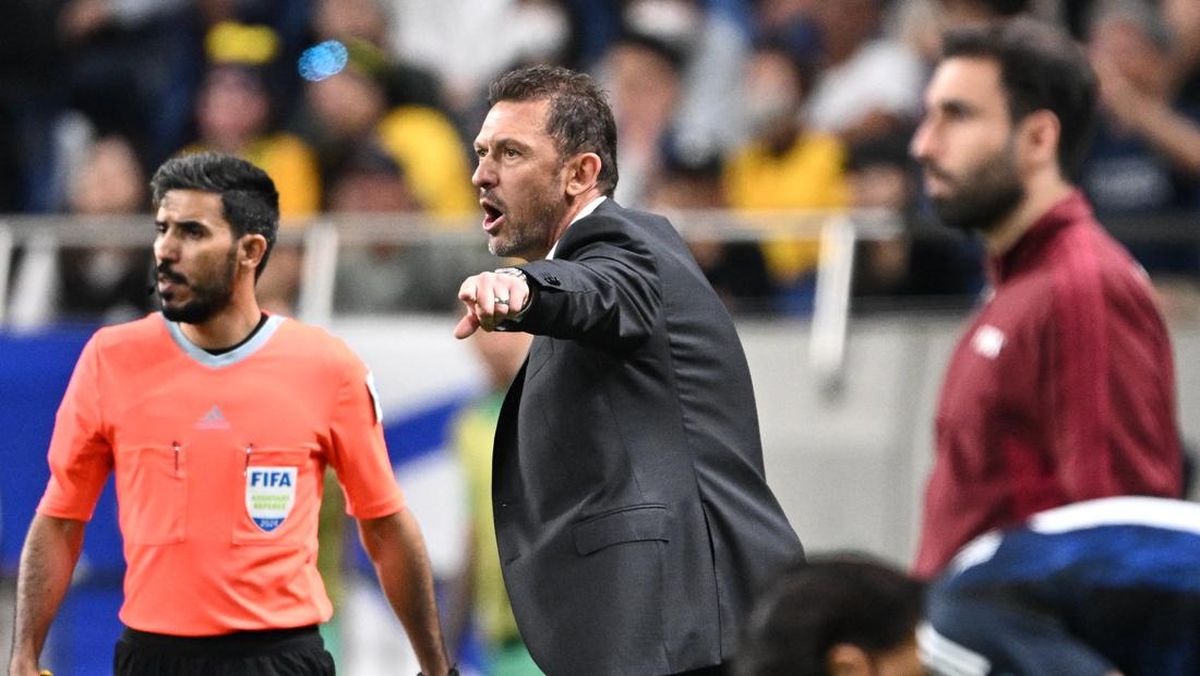Beirut, Lebanon – For decades, Palestinian groups in Lebanon have run their affairs themselves. In the refugee camps established for Palestinians displaced by Israel in 1948 and 1967, Palestinian factions have overseen security and many have retained their arms.
Those days, however, appear to be coming to a close. Instead, the Lebanese state is attempting to take advantage of a period of weakness for the Iran-backed group Hezbollah, as it struggles to regroup from its war with Israel, to exercise its power over the country.
Lebanon’s new government – formed in February and led by former International Court of Justice judge Nawaf Salam – has the backing of regional and international powers to disarm all non-state actors. That includes the many Palestinian groups that have carried arms since a 1969 agreement that allowed them to have autonomy in the 12 official Palestinian refugee camps in Lebanon.
And on Wednesday, Palestinian Authority (PA) President Mahmoud Abbas gave his blessing during a visit to Lebanon. A joint statement from Abbas and Lebanese President Joseph Aoun declared that both sides had agreed that the existence of “weapons outside the control of the Lebanese state has ended”.
“Abu Mazen [Abbas] came to say that we are guests in Lebanon and not above Lebanese authority,” Mustafa Abu Harb, an official with Fatah, the largest political faction in the Palestine Liberation Organization (PLO), told Al Jazeera. “We do not accept weapons in the hands of anyone other than the Lebanese state.”
Is Hamas on board?
Abbas, on his first trip to Lebanon since 2017, also met Prime Minister Salam and Parliament Speaker Nabih Berri to discuss the challenging prospect of disarming Palestinian factions in Lebanon and improving the rights and conditions of the estimated 270,000 Palestinians in the country.
Palestinians in Lebanon do not have the legal right to work in a number of professions, they may not own property or businesses and cannot access public service employment or the use of public services, such as healthcare and social security, according to UNRWA, the United Nations body created in 1948 for Palestinian refugees.
“We reaffirm our previous position that the presence of weapons in the camps outside the framework of the state weakens Lebanon and also harms the Palestinian cause,” Abbas said in the meeting with Aoun, according to the Palestinian state news agency Wafa.
However, questions remain as to whether the divisive Abbas, who has not faced an election since 2005, has the authority to disarm the different Palestinian groups.
A senior Hamas official in Lebanon, Ali Barakeh, told the AFP news agency on Wednesday that he hoped the talks between Abbas and Aoun would go further than just Palestinian groups’ disarmament.
“We affirm our respect for Lebanon’s sovereignty, security and stability, and at the same time, we demand the provision of civil and human rights for our Palestinian people in Lebanon,” Barakeh said.
Hamas, which – along with Hezbollah – is considered part of the wider Iranian-allied “axis of resistance” network, has already cooperated with the Lebanese state on at least one occasion since the ceasefire with Israel. In May, the Palestinian group handed over a fighter suspected of firing rockets at Israel, according to the Lebanese army, and called them “individual acts”.
The group has also said it respects the ceasefire and is willing to work with the Lebanese state.
 Abbas made his first visit to Beirut in eight years, where he met with Lebanon’s President Joseph Aoun [File: Zain Jaafar/AFP]
Abbas made his first visit to Beirut in eight years, where he met with Lebanon’s President Joseph Aoun [File: Zain Jaafar/AFP]‘Not our president’
Over the course of his two-decade reign, Abbas’s popularity among Palestinians in Lebanon has sharply eroded.
That lack of support can be seen in the Palestinian camps in Lebanon, where posters of Abbas’s predecessor, Yasser Arafat, as well as Hamas’s spokesperson, Abu Obeida, can be seen far more than those of the PA leader.
“None of the Palestinians, except Fatah, claim that he’s our president,” Majdi Majzoub, a community leader in Beirut’s largest Palestinian refugee camp, Shatila, said. “This president doesn’t honour us and doesn’t represent us because he supports the occupation and adopts the occupation’s decisions.”
Aside from Abbas’s unpopularity, other factors may lead to a pushback against any attempt to disarm Palestinian groups in Lebanon.
Nicholas Blanford, a nonresident senior fellow with the US-based think tank Atlantic Council, said it “could be interpreted as a win for the Israelis if the Palestinians … were obliged to give [their weapons] up”.
Blanford also pointed out that defenders of the continued presence of armed Palestinian groups in Lebanon point to events such as the Sabra and Shatila massacre, when between 2,000 and 3,500 Palestinian refugees and Lebanese civilians were killed over two days by right-wing Christian nationalist forces with Israeli support in 1982.
Blanford, however, believes that the consensus is moving towards the disarmament of at least heavy weaponry from the Palestinian factions in Lebanon, and that some Palestinians welcome the move.
“We as a Palestinian people certainly welcome [the initiative] because things have changed,” Majzoub said.
Majzoub said bad-faith actors have taken advantage of the Lebanese state’s lack of authority over the Palestinian camps to avoid being held accountable for crimes.
![This pictures taken from the southern Lebanese area of Marjeyoun shows smoke billowing from the site of Israeli airstrikes on the hills of the southern Lebanese village of Nabatiyeh on May 8, 2025. [Rabih Daher/ AFP]](https://www.aljazeera.com/wp-content/uploads/2025/05/000_44X24T2-1746708607.jpg?w=770&resize=770%2C511&quality=80) Israeli attacks on Lebanon continue despite a ceasefire [File: Rabih Daher/AFP]
Israeli attacks on Lebanon continue despite a ceasefire [File: Rabih Daher/AFP]Lebanon’s armed forces rarely enter the Palestinian refugee camps.
In 2007, the army besieged the Nahr al-Bared camp in north Lebanon and clashed with the Fatah al-Islam group, which was based in the camp. Hundreds died in the battle, which left large swaths of the camp uninhabitable.
The Lebanese army has also, on occasion, infiltrated camps to arrest individuals.
The security situation can at times be tense in the camps, as it is in other parts of Lebanon.
On Monday, local media reported that armed clashes between rival drug dealers in Beirut’s Shatila camp forced residents to flee.
Among the worst incidents in the past few years were the large-scale battles that erupted in the summer of 2023 between armed groups in Ein el-Hilweh camp, in southern Lebanon, after a botched assassination attempt on a Fatah official. More than two dozen people were killed in the fighting before a ceasefire was negotiated.
Carrying weapons in the camps was once seen as a right of resistance. But after more than seven decades of displacement and insecurity, some Palestinians in Lebanon today feel that carrying arms is undercutting their struggle for liberation.
“Palestinian weapons have become a threat to the Palestinian revolution,” Majzoub said. “Now, it is better for us to live under the protection of the Lebanese state.”
 A young man holds a Palestinian flag with a slogan on it during a protest to condemn Israel’s military operations in the Gaza Strip, on Beirut’s corniche, in Lebanon, April 7, 2025 [Bilal Hussein/AP Photo]
A young man holds a Palestinian flag with a slogan on it during a protest to condemn Israel’s military operations in the Gaza Strip, on Beirut’s corniche, in Lebanon, April 7, 2025 [Bilal Hussein/AP Photo]
 2 days ago
11
2 days ago
11































